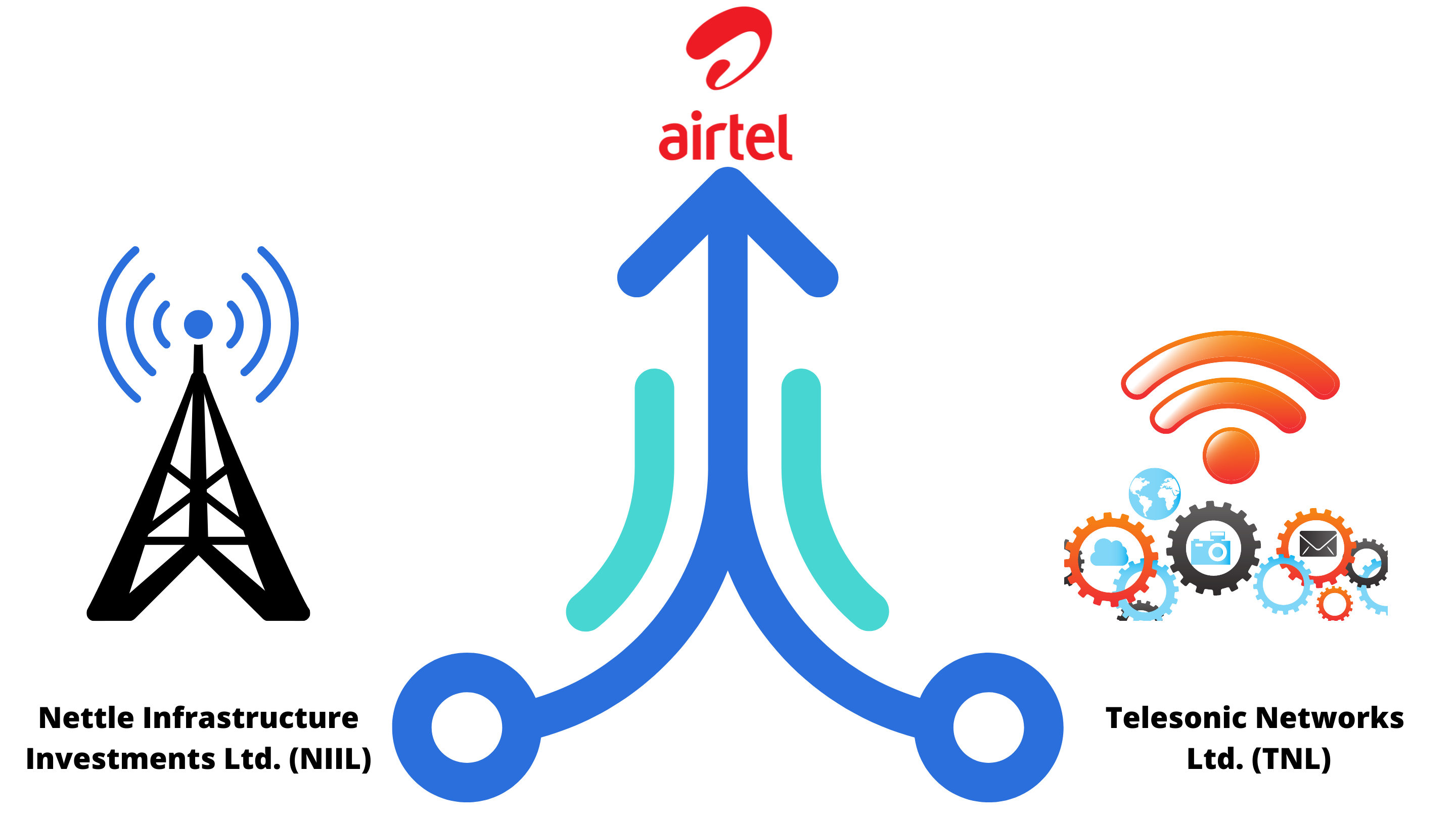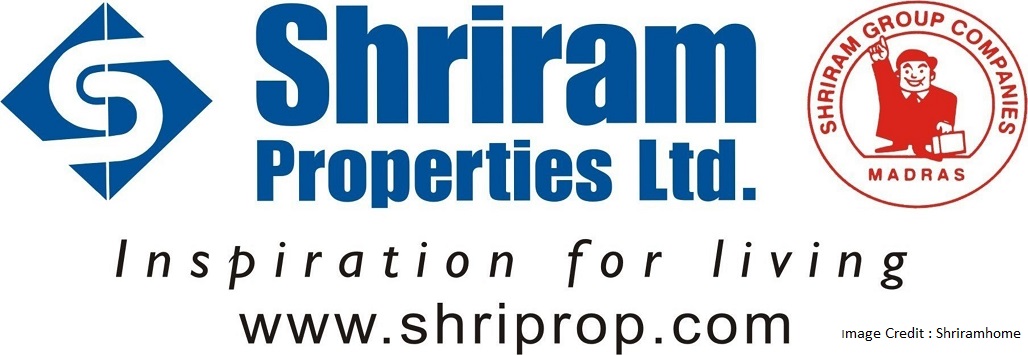President Barack Obama blocked a Chinese investment fund from acquiring the U.S. business of German semiconductor equipment maker Aixtron (AIXGn.DE) because the deal posed a risk to American national security, the Treasury Department said on Friday.
Obama’s executive order barring China’s Fujian Grand Chip Investment Fund (FGC) from completing the acquisition of a German company with American assets was one of few such instances in which a U.S. president has blocked a transaction due to national security concerns.
His action appeared to be based on concerns about China gaining access to the secrets of producing a material called gallium nitride used in military equipment.
An Aixtron spokesman said the FGC deal would be called off if Obama took such action. Aixtron has said scrapping the proposed deal would mean it would have to take action to balance income and costs, including potential job cuts.
The Treasury Department said Obama was blocking the deal following an assessment by the Committee on Foreign Investment in the United States (CFIUS), an inter-agency task force that the department leads.
“The national security risk posed by the transaction relates, among other things, to the military applications of the overall technical body of knowledge and experience of Aixtron, a producer, and innovator of semiconductor manufacturing equipment and technology,” the department said.
Gallium nitride, a powdery yellow compound used in light-emitting diodes (LED), radar, antennas, and lasers, is grown using Aixtron-manufactured technology, which has in the past been sold to U.S. military equipment maker Northrop Grumman (NOC.N).
The Treasury Department, in announcing the order, noted that Aixtron makes equipment for the semiconductor industry, including Metal-Organic Chemical Vapor Deposition (MOCVD) systems used to grow crystalline layers for semiconductors, especially those based on gallium nitride.
Gallium nitride technology can boost the power and sensitivity of weapons systems while cutting their cost because it needs less electricity. The technology is being used to upgrade the radars of both American and foreign-owned Patriot missile defense systems.
CFIUS never gives reasons for its decisions. But sources have previously told Reuters it blocked the $3.3 billion sale of Philips’ (PHG.AS) lighting business, Lumileds, to a consortium of Chinese investors last January over gallium nitride concerns.
AIXTRON’S FUTURE
Chinese Foreign Ministry spokesman Geng Shuang told reporters at a regular briefing on Friday that the deal was “normal commercial activity” and that China hoped the world would not interfere politically.
The German Economy Ministry withdrew its approval for the deal in October and is now doing its own review of the transaction. It said the German process was independent of the U.S. scrutiny.
Analysts have said Aixtron has a bleak future as a stand-alone company as it struggles with market overcapacity. Aixtron had 713 employees at the end of the third quarter, 5 percent less than a year ago.
A fall in Aixtron’s shares took them below Grand Chip Investment’s offer price of 6.00 euros per share. The stock is hovering around a nine-month low.
Bigger chipmakers such as Germany’s Infineon (IFXGn.DE) and French-Italian STMicroelectronics (STM.PA) were also slightly lower, shrugging off fears of an M&A slowdown following two years of consolidation of the global semiconductor industry.
Recent Articles on M&A
Source: Reuters.com




